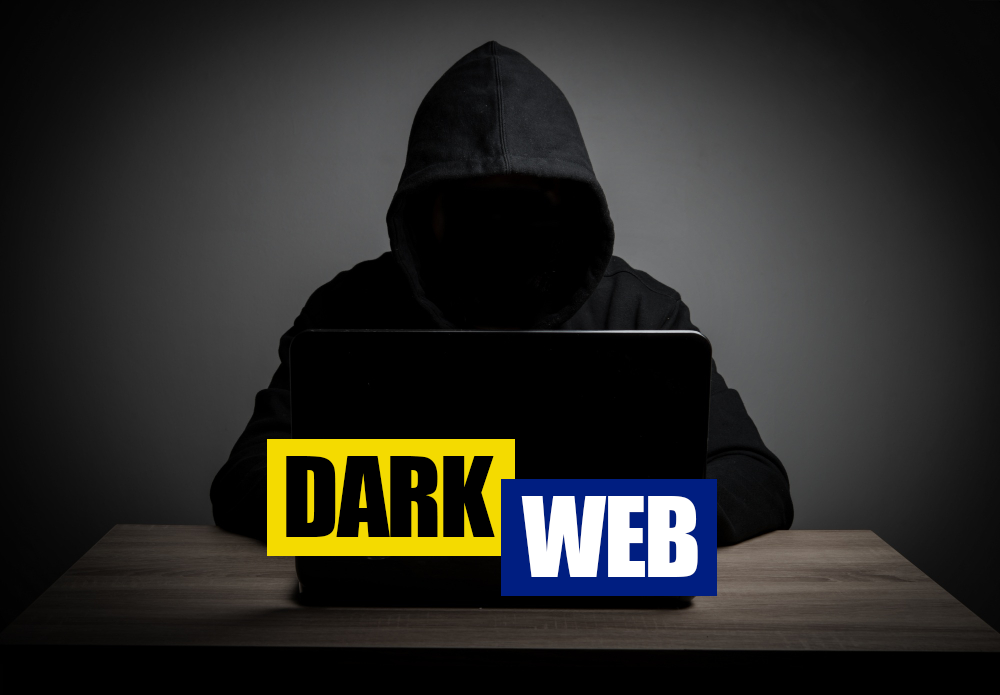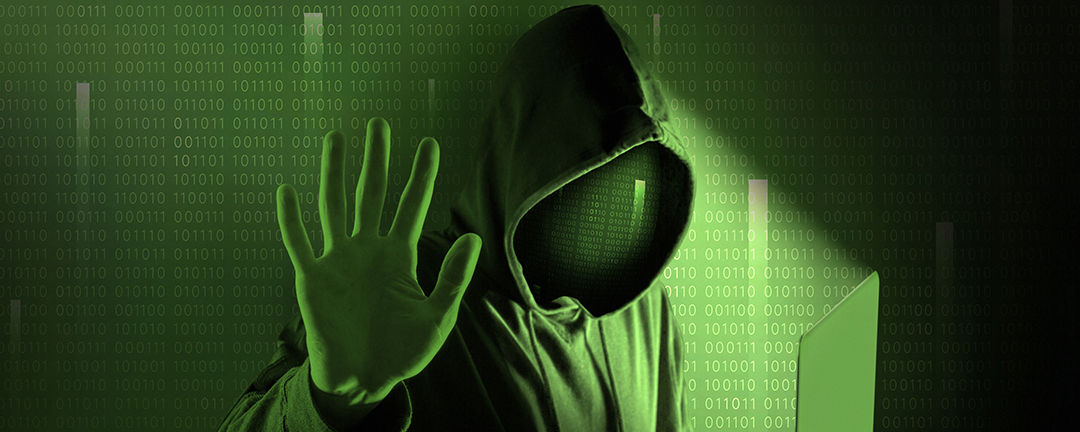Finding the Answer: Decoding the Mysteries of the Dark Web


The Dark Web is a murky area of the huge internet that exists outside of the well-known domains of social media and search engines. It’s an intriguing location that evokes intrigue because it’s frequently depicted in the media as a center for illegal activity and covert transactions. But what is the Dark Web really, and what secrets are hidden behind its mysterious facade?
A portion of the internet known as the “Dark Web” is not indexed by well-known search engines like Google or Bing. It is a portion of the deep web, which is made up of all webpages that search engines do not index. The deliberate secrecy of the Dark Web—which demands particular software, setups, or authorization to access—is what makes it unique. Users are now able to operate at a level of secrecy that is unmatched on the surface web, thanks to this cloak of anonymity.
Figuring out how the Dark Web works is like figuring out all the complicated levels of a digital maze. The Dark Web is based on a decentralized network that is mostly made up of peer-to-peer links and specialized software like Tor (The Onion Router). Tor sends internet traffic through a chain of relays. At each step, the data is encrypted to hide the user’s name and location. The use of encryption methods, which keep communication private and safe, adds to this sense of anonymity. With these things working together, the Dark Web is possible. It gives people privacy to explore its hidden areas and get to websites and services that regular search engines can’t reach.

Media portrayals of the Dark Web only show it as a haven for illegal activity, which has given it a distorted image. But the truth is much more complex. Indeed, there are illicit markets, but they make up a very small portion of the Dark Web’s overall ecosystem. In this esoteric sector, there are thriving forums, chat rooms, and groups that discuss anything from philosophy and activism to cybersecurity and cryptography.
Investigating the Dark Web is not recommended for those who lack courage or knowledge. In this area, prudence is essential since malevolent individuals wait in the shadows, waiting to take advantage of gullible tourists. To protect their identity and privacy, those who venture into this hidden world need to arm themselves with an understanding of digital security, encryption, and anonymity techniques.

Even if the Dark Web has a bad reputation, understanding it better can help to clarify its possible benefits and draw attention to its drawbacks. While journalists exploit its anonymity to protect sources and unearth stories that would otherwise go untold, law enforcement organizations use it as a tool to gather intelligence and track criminal activity.
The Dark Web is still a mysterious and mysterious phenomenon. In a world where surveillance is becoming more commonplace, it protects free expression and privacy even as it unquestionably shelters illegal activity. Knowing the Dark Web is essential to separating fact from myth, utilizing its potential for good, and minimizing its negative sides as we continue to navigate the complexity of the digital age. So join us as we explore the depths of the most unknown frontier on the internet with open minds and a knowledgeable viewpoint.